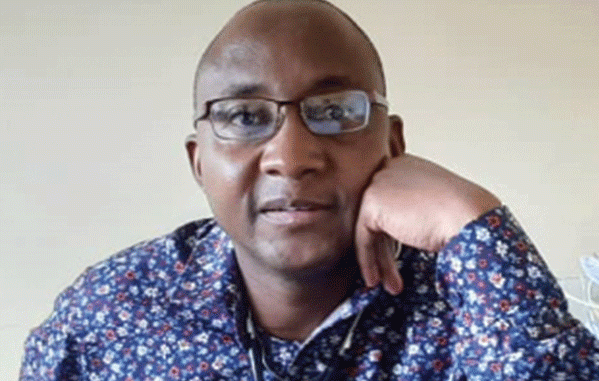
By Johannes Marisa
WITH the advent of the COVID-19 pandemic, Zimbabwe like many other countries found itself with a glaring gap in the healthcare sector. It seems the local healthcare system is already overwhelmed.
Medical staff is in short supply as many African countries have suffered brain drain with experienced and skilled workers having left for greener pastures abroad.
The reasons are still the same, poor remuneration, lack of recognition, demotivation and poor working conditions. It is high time we took corrective measures in order to nip health problems in the bud.
At the moment, there is no country that has adequate healthcare infrastructure or employees and there is an estimated infrastructural gap of over 7 000 hospital beds in Zimbabwe.
It is, thus, prudent to start working on how the country should close the bed deficit since we still have enough time to prepare. What is needed is goodwill.
This means that despite the recent sprouting of low-level primary healthcare centres, especially in urban areas where you see polyclinics and general practices, this has not in any way addressed the infrastructure gap in the country.
Thus the coming of COVID-9 has aggravated an already deplorable and ineffectual healthcare system in the country.
- Chamisa under fire over US$120K donation
- Mavhunga puts DeMbare into Chibuku quarterfinals
- Pension funds bet on Cabora Bassa oilfields
- Councils defy govt fire tender directive
Keep Reading
The Auditor-General’s 2019 report revealed that Treasury failed to release $155,4 million to the Health ministry for the acquisition of ambulances and medical equipment. The health sector deserves financial support if a robust health delivery system is to be attained.
It is a pity that the sector is sometimes shunned by many organisations that only realise its importance when their members get sick. This is the time for the corporate world to collaborate with other players to deliver quality healthcare to the populace.
Many private health practitioners have faced mammoth tasks in establishing health institutions as there is often no assistance from the corporate world.
Consequently, healthcare is costly, a situation worsened by some unscrupulous medical aid societies that do not honour claims submitted for payment. It is double tragedy for health practitioners.
The private medical sector has stood tall in driving health delivery and Zimbabwe was applauded for combating the deadly second wave of COVID-19 as medical personnel worked tirelessly. It is a tall order to establish a private surgery, clinic or hospital, especially in our country where financial institutions are reluctant to assist.
Many private medical practitioners have complained about the behaviour of banks which make them toil to access loans.
Funds are required to capitalise practices as equipment is required, sundries are needed daily on top of important drugs. The cost of borrowing is prohibitive, with some banks charging about 50% interest per annum.
It was in December 2020 when the Medical and Dental Private Practitioners Association of Zimbabwe tried to unlock some funds from local banks with Credsure Insurance acting as guarantor.
It was a rare moment where an organisation like Credsure assumed the risk of medical practitioners and offered collateral for the loans.
The medical practitioners were excited about the move, however, they approached a local bank, which has kept everyone guessing, making numerous demands that have gone for seven months.
Many practitioners were expecting assistance during the COVID-19 pandemic to capacitate their operations. I wonder why there seems to be a lackadaisical approach whenever funds for medical practice are to be unlocked.
We need to collaborate with the stakeholders if we are to conquer, considering the gravity of the COVID-19 pandemic.
Many people are good at blaming government for poor service in public hospitals, but one wonders if they have made any effort to contribute to the health sector at any given time.
It is my plea to banking or non-banking financial institutions to take advantage of this glaring infrastructural gap and provide financial assistance to the health sector to improve infrastructure in the sector.
Recently, an ex-footballer met President Emmerson Mnangagwa where they talked about setting up a cancer hospital in the country. This means that we still have people who care, but one wonders why our own financial institutions are failing to chip in.
Let us all value the health sector at this juncture. Everyone should complement government efforts in order to deliver quality and affordable healthcare services.











